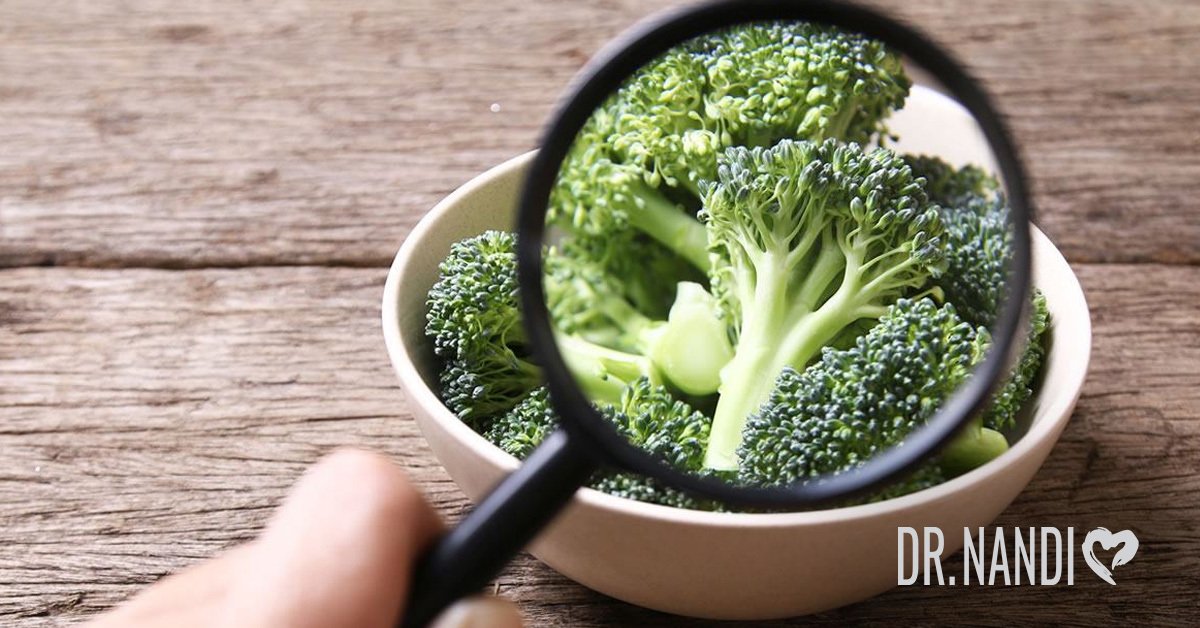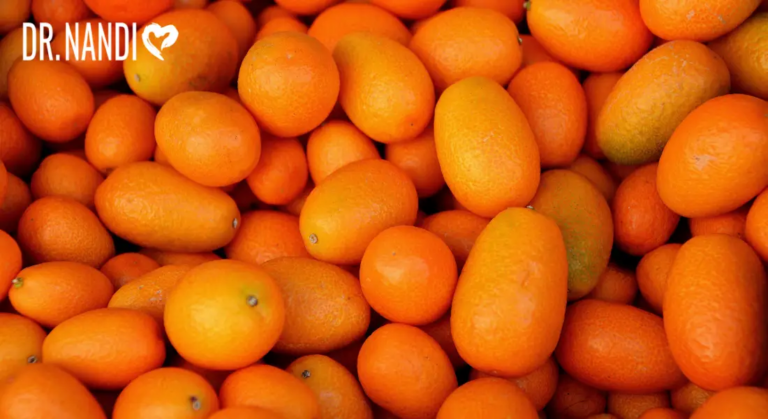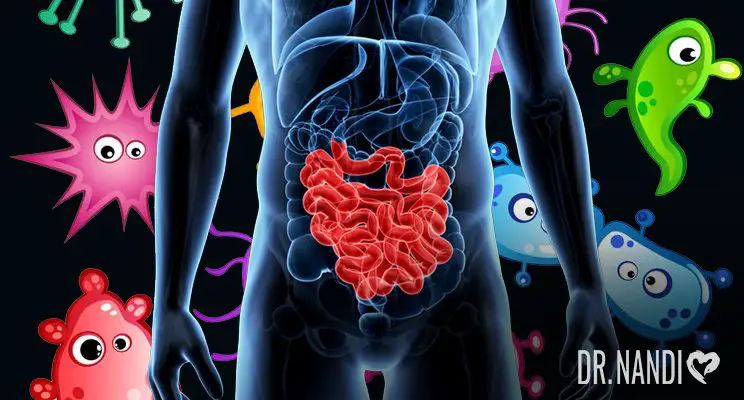Did you know there is a new field of study, laser-focused on how nutrition can turn genes on or off?
Nutrigenomics. It is the study of how what you EAT can turn your genes on ….or OFF. This could mean a different life journey – an amazing, healthy, and happy life, one without crippling diseases.
What Is Nutrigenomics?
Food is medicine. Nutrigenomics is simply the next level!
The idea behind nutrigenomics is that our food can influence our genes and our genes react differently to different nutrients. This means that not all of us react the same to similar foods and the same food may influence each of us differently. It’s not only fascinating but a true game-changer when it comes to the field of health and medicine.
Nutrigenomics studies how our food can affect our genes and as a result, our health.
The main principles of nutrigenomics include:
- Nutrition and diet can be a serious risk factors for a number of diseases and health issues
- Dietary chemicals can have the ability to change gene activity
- One’s individual genetic makeup can determine how their diet creates health or illness
- Certain genes that are regulated by nutrition can lead to the onset or progress of some chronic diseases
- A personalized approach to diet and nutrition is essential in preventing, managing, and treating chronic diseases
Examples of Nutrigenomics
If you think about it, this is not completely surprising.
You probably know people who were born lactose intolerant and people who have no issues with cow’s milk. Lactose intolerance can be obvious in early life because of a mutation of the LCT gene. On the other hand, there are also people who develop lactose intolerance as teenagers or adults because of a gradually decreasing LCT gene activity. There are also people whose LCT genes continue to function throughout their lives and can drink milk happily.
Another fascinating example is a component called sulforaphane found in vegetables such as broccoli and Brussels sprouts. Sulforaphane can naturally inhibit the molecular modification of histone, proteins bound to your DNA. They can possibly turn cancer genes off and prevent specific forms of cancer. Fascinating! On the other hand, people with certain autoimmune conditions, such as Hashimoto’s thyroiditis have to be careful with nightshades, including broccoli.
The field of nutrigenomics is new and interesting with endless possibilities to help people with all kinds of bodies, genes, tastebuds, and health conditions. (1, 2, 3, 4, 5, 6, 7, 8)
Nutrigenomics, Nutrigenetics, and Epigenetics – The Connection and the Difference
Nutrigenomics is not the only field concerned with our genes and health, but is closely related to two other captivating fields, nutrigenetics and epigenetics.
Nutrigenomics is an ‘outside in’ approach aiming to understand how nutrients affect our genes.
Nutrigenetics is an ‘inside out’approach that examines how variation of our genes affects our health and nutrition.
Epigenetics studies how our environment affects our genes along with exercise and nutrition. (9, 10, 11, 12, 13)
These three fields one by one and combined together can potentially change the course of our health and lives. Let’s learn about the benefits of nutrigenomics.
3 Benefits of Nutrigenomics
No More “One Size Fits All” Diets
Everyone wants that one magic bullet for health and wellness that will work for all. The government has created its guidelines based on large-scale studies and statistics shuffling the outliers out. An endless number of diets and strategies are promising you that their approach is the one for you and everybody else.
We are all different with different needs. Nutrigenomics can allow us to analyze our genes and understand other factors, including diet, lifestyle, and environment, to create individualized nutrition plans for your body and health.
Obesity Prevention
Obesity is a serious problem. There are various guidelines and advice out there to help prevent and reverse obesity. Again, there is no one size fits all. Generic diets are much less effective than personalized plans.
There are 24 known variants in 19 genes that affect one’s metabolism and their risk of becoming overweight or obese and their ability to lose weight effectively. Understanding someone’s genetics and body can help create a dietary and exercise plan to effectively help weight loss and weight maintenance. (15)
Considerations
Nutrigenomics sounds like the best thing that has happened in the field of health and medicine. There are a few things to remember.
Nutrigenomics is still a new and emerging field. There is still a lot to learn and new research to come. There are more research and testing required.
While it can help to prevent and treat many diseases, it is not a cure-all fix for all health problems.
Nutrigenomics will require an integrated approach between dietitians, nutritional, general practitioners, specialists, and other health practitioners.
Though there are several companies that offer nutrigenomics profile DNA testing, there aren’t any physicians that specifically endorse any of these programs because of the complexities of interpreting results. The US Government Accountability Office even questioned the scientific credibility of these tests in 2006. (16)
There is also a debate about whether insurance companies should cover nutrigenomics testing or whether it should be an out-of-pocket expense.
Nutrigenomics is an exciting, emerging, and fascinating field that holds the promise to understand how our food can affect our genes and how we may be able to prevent and treat disease through a well-designed, individualized plan created with nutrigenomics testing. It is still a new field that requires lots more research, testing, and other considerations before it can turn common and widespread. The future is promising and I am excited to share more with you as we learn more.
Do you find nutrigenomics as fascinating as I do? Did you find this article helpful? Share your questions and opinion below, I would love to hear from you and connect with you.
References:
- https://www.ucdavis.edu/news/global-initiative-nutritional-genomics/
- https://www.ncbi.nlm.nih.gov/pmc/articles/PMC4822264
- https://www.ncbi.nlm.nih.gov/pmc/articles/PMC2137135/
- https://www.precisionnutrition.com/nutrigenomics-research
- https://ghr.nlm.nih.gov/condition/lactose-intolerance#genes
- https://www.sciencedirect.com/science/article/pii/014067369392876U
- https://heart.bmj.com/content/72/3/269.short
- https://onlinelibrary.wiley.com/doi/abs/10.1002/hup.444
- http://advances.sciencemag.org/content/3/8/e1701143.full
- http://www.nutrigenetics.net/
- https://www.sciencedirect.com/science/article/pii/S2213879X16000183
- https://vitagene.com/genetics/what-nutrigenetics-and-nutrigenomics/
- https://www.ncbi.nlm.nih.gov/pmc/articles/PMC3121546/
- https://www.ncbi.nlm.nih.gov/pubmed/9555760/
- https://www.ncbi.nlm.nih.gov/pubmed/17945020/
- https://www.gao.gov/new.items/d06977t.pdf


















